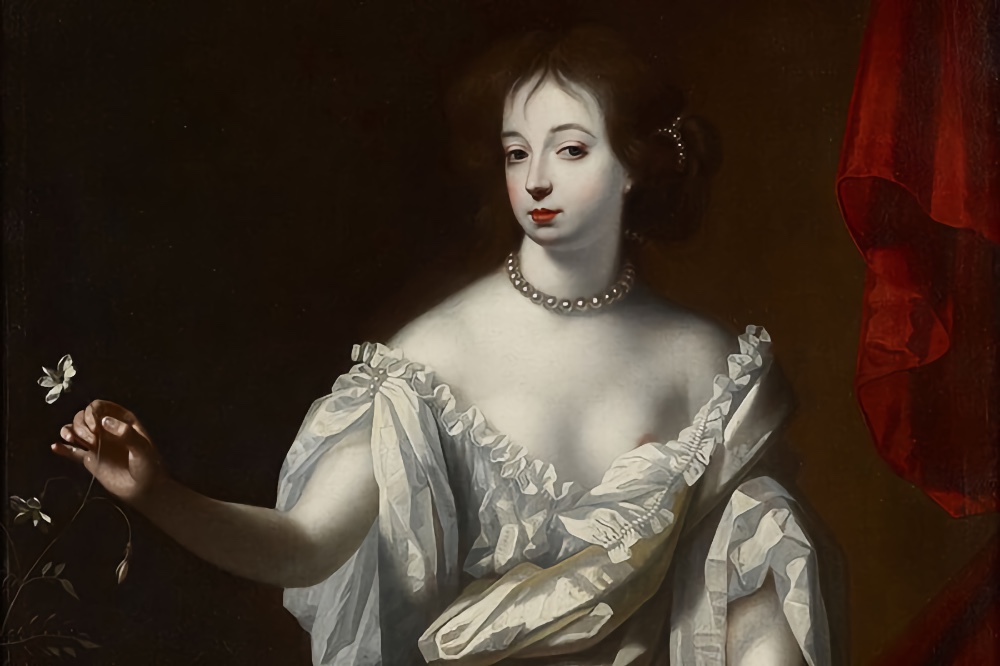Kitty Collins
The Peoples Harlot

The Peoples Harlot
From penniless orange seller to wealthy mistress of the Charles II, Nell Gwyn’s wit and charm endeared her as a darling of society and a symbol of a more fun-loving and lavish England. Hers is story of rags to riches and back again..
Mary Meggs, a former prostitute nicknamed "Orange Moll" and a friend of Madam Gwyn's, had been granted the licence to "vend, utter and sell oranges, lemons, fruit, sweetmeats and all manner of fruiterers and confectioners wares" within the theatre. Orange Moll hired Nell and her elder sister Rose as scantily clad ‘orange-girls’, selling the small, sweet "china" oranges to the audience inside the theatre for a sixpence each. The work exposed her to multiple aspects of theatre life and to London's higher society: this was after all "the King's playhouse", and Charles frequently attended performances. The orange-girls would also serve as messengers between men in the audience and actresses backstage; they received monetary tips for this role and some of these messages would end in sexual assignations. Whether this activity rose to the level of pimping may be a matter of semantics
Before the restoration of the monarchy, Britain was under the yoke of strict Puritan principles. For 18 years, all theatre was banned – the stage was, to Puritan eyes, immoral and sinful – so when Charles II was crowned king in 1660, the monarchy wasn’t the only thing to make a triumphant return.
Theatres re-opened, and playwrights and actors were intent on enjoying their new incarnation. Plays were infamously graphic and sexually explicit, much to Charles II’s liking. And, for the first time, women were allowed to tread the boards. One such actress who ascended to the stage, and far beyond, was Nell Gwyn.
Who was Nell Gwyn?
Little is known about Eleanor ‘Nell’ Gwyn’s childhood but it is thought that her mother owned a brothel where Nell served drinks to the booze-soused patrons and, despite being a young girl, there is a chance she also became a prostitute. With theatres opening around London, however, there were other opportunities for a job.
Gwyn died from apoplexy "almost certainly due to the acquired variety of syphilis" on 14 November 1687, at ten in the evening, less than three years after the King's death. She was 37 years old (if she was born in 1650).
Kitty Come and squeeze my oranges anytime. Xxx